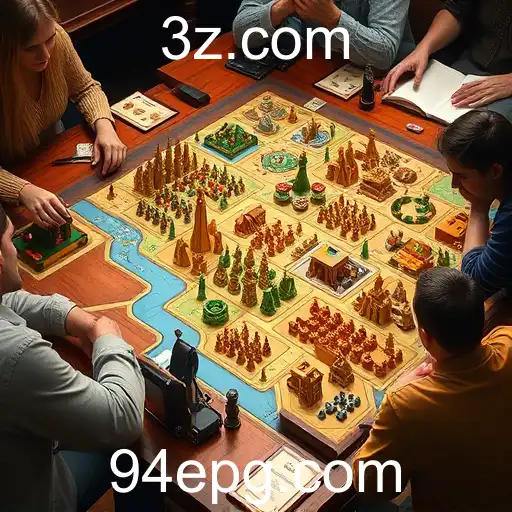Board games have been an essential part of human culture for centuries, captivating players with their strategic challenges, immersive stories, and engaging gameplay. With the evolution of society and technology, board games have also experienced significant transformations, ranging from classic staples like chess and checkers to modern hits like Catan and Ticket to Ride. Board games serve not only as entertainment but also as a means to develop critical thinking, improve social interactions, and foster learning opportunities.
The origins of board games can be traced back to ancient civilizations such as Egypt, Mesopotamia, and China, where games were used as tools for teaching strategy and decision-making. As societies evolved, so did the games, expanding their roles in families and communities worldwide. Different cultures contributed to the diversity of board games, each adding unique elements and themes reflective of their traditions and values.
Modern board games benefit from advanced design and production techniques. The creativity of designers has introduced innovative mechanics and complex narratives, capturing the interest of players of all ages. In recent years, there has been a resurgence in board game popularity, partly due to the rise of tabletop cafés and the influence of digital platforms that highlight the richness and depth of these games. This resurgence has led to a golden age of board gaming, with new titles regularly being released and old favorites frequently revisited.
Board gaming not only provides entertainment but also fosters social bonds. Many games are designed specifically to be played in groups, encouraging players to communicate, strategize, and cooperate or compete in healthy ways. This social aspect can be particularly beneficial in today's digital age, where face-to-face interactions are often limited. Board games offer a consistent platform for personal interaction, where friends and family can come together and engage meaningfully beyond digital screens.
Moreover, board games are recognized as educational tools in both formal and informal settings. They enhance cognitive skills such as planning, memory, and problem-solving, presenting scenarios that require critical thinking and adaptability. Games like Scrabble and Boggle enrich vocabulary and spelling abilities, while games like Risk and Diplomacy teach historical strategy and international relations.
In conclusion, board games hold an enduring appeal that transcends generations and cultural boundaries. Whether revisiting classics or exploring new territories in the ever-expanding board game universe, these games continue to offer countless hours of entertainment and learning. They remain a testament to human creativity and ingenuity, evolving with time yet maintaining their place as a timeless form of social and intellectual engagement.

Explore how board games transcend generations, offering entertainment, educational benefits, and fostering social connections through strategic and immersive play.




